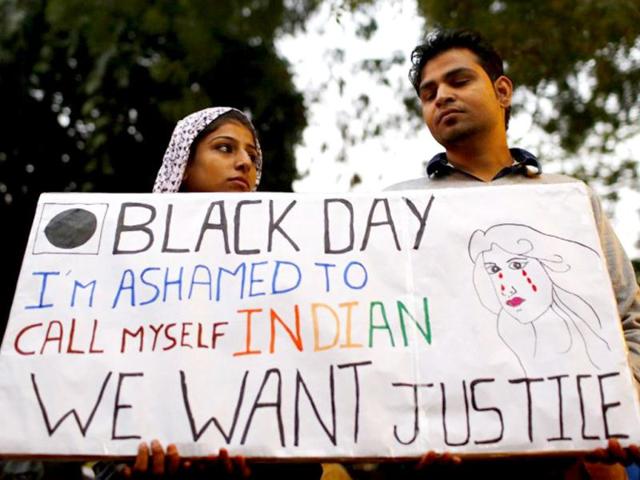It's time to define 'rarest of rare'
The death penalty can only be the exception, not the rule in murder cases — this is what the Supreme Court has ruled when it commuted the death sentence given to an accused in a triple murder case to life imprisonment.
The death penalty can only be the exception, not the rule in murder cases — this is what the Supreme Court has ruled when it commuted the death sentence given to an accused in a triple murder case to life imprisonment.

The degree of brutality of a murder alone cannot be the criteria for the quantum of sentencing, according to the apex court. This is the principle that led the court to rule that former Delhi Youth Congress president Sushil Sharma did not deserve the death penalty but life imprisonment in the Naina Sahni murder case.
It happened so long ago that the only reason people will remember it is for the sheer brutality of the murder. In 1995, Congress worker Naina Sahni was shot by her husband Sushil Sharma in a fit of jealousy.
The really gruesome part is that he then cut up her body and attempted to burn the pieces in a restaurant tandoor where the smouldering body was spotted by an alert policeman.
Today, 18 years later, the Supreme Court, contending that Sharma’s jealousy had led him to murder Sahni — reports referred to her suspected affair with a fellow Congressman Matloob Karim — concluded that his actions didn’t deserve the death penalty. While the debate on the death penalty, the pros and cons, is a separate one, this case makes observers wonder what sort of case it is exactly that deserves the ‘rarest of rare’ label.
More worryingly, it also starkly exposes the patriarchal bias that affects judgments.
While India and its mass media have changed enormously since the infamous tandoor murder case — a whole generation separates Naina Sahni and the December 16 gang rape victim — and though there seems to be some change in the tone of the coverage and in the relatively swift justice that was delivered in the latter case, some biases, it seems, persist.
A woman’s mores, her relationships, and the question of whether she’s ‘respectable’ are still central to the discussion — witness the remarks made by AP Singh the defence lawyer in the December 16 gang rape case who said he’d burn his daughter if she was out on the street late at night like the December 16 gang rape victim had been.
In the ghastly Priyadarshini Mattoo case, Santosh Kumar Singh was convicted of raping the victim and breaking every bone in her body but his behaviour was still not considered savage enough to label the case “rarest of rare”.
Suffice to say though that unless the judiciary accepts that elements within it are not above sexist biases, its propensity to view women not as individuals but as possessions who need to conform to the rules laid down by a patriarchal society, who ‘ask for it’ if they happen to transgress social norms — as perhaps happened in the case of Naina Sahni — will ensure that criminals will continue to get away with murder.
Get Current Updates on India News, Arvind Kejriwal Live Updates, Election 2024 along with Latest News and Top Headlines from India and around the world.



